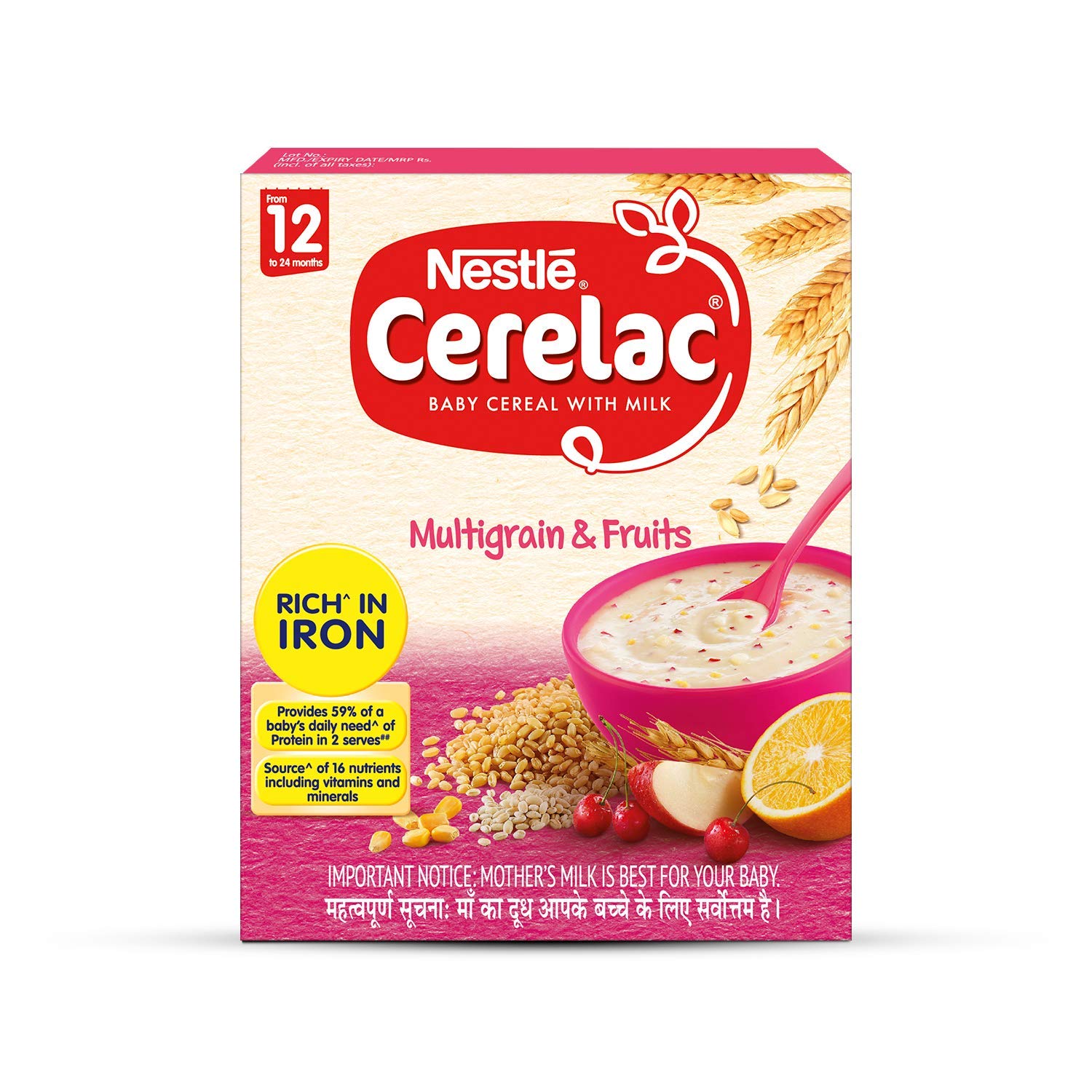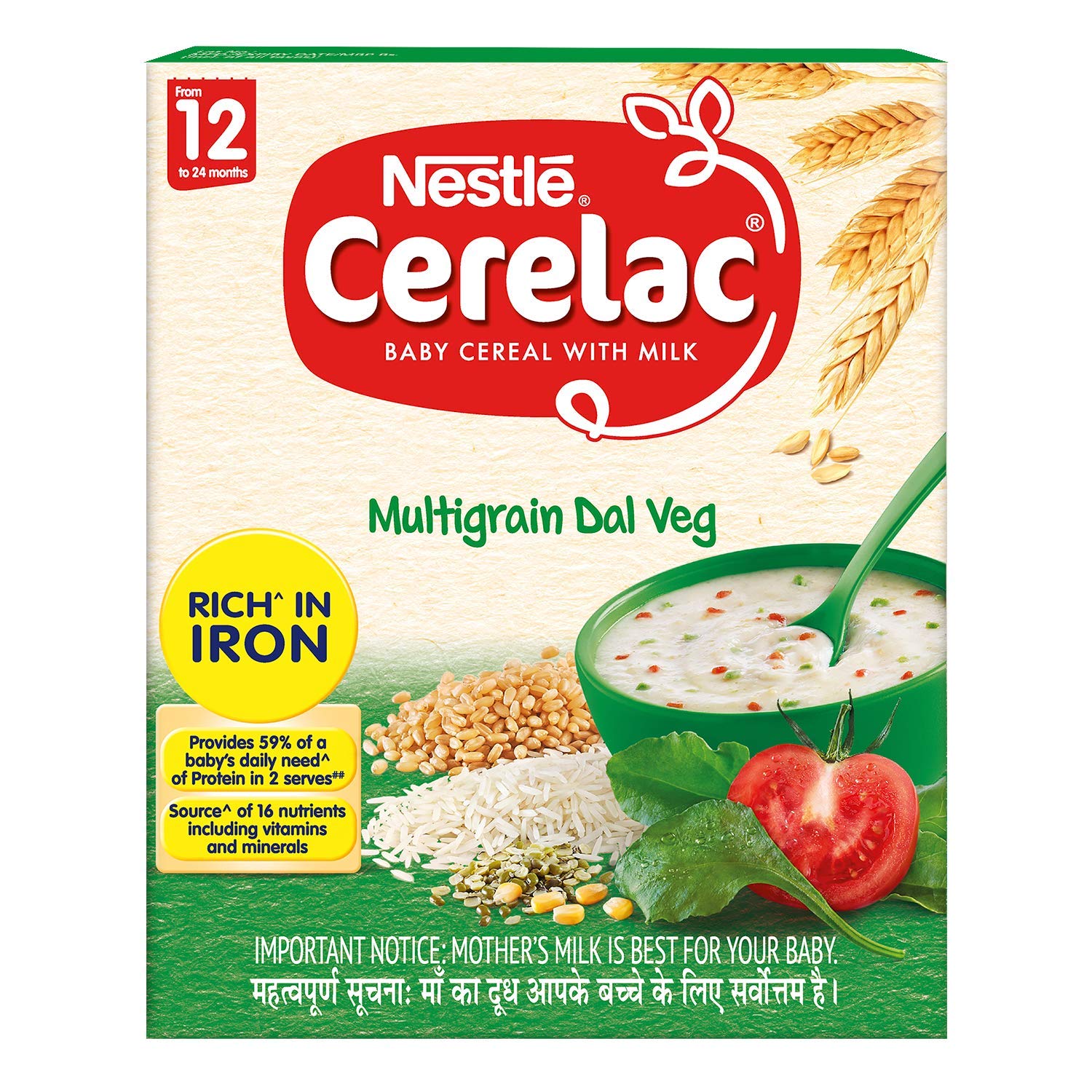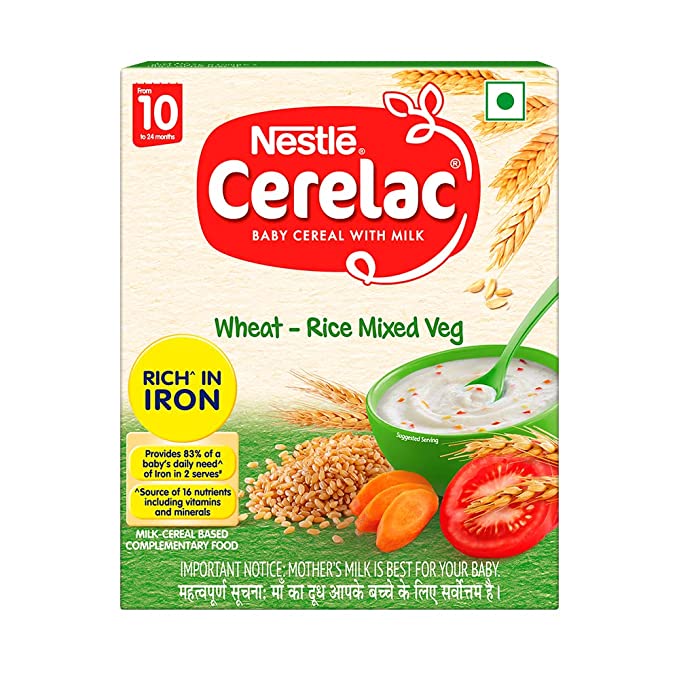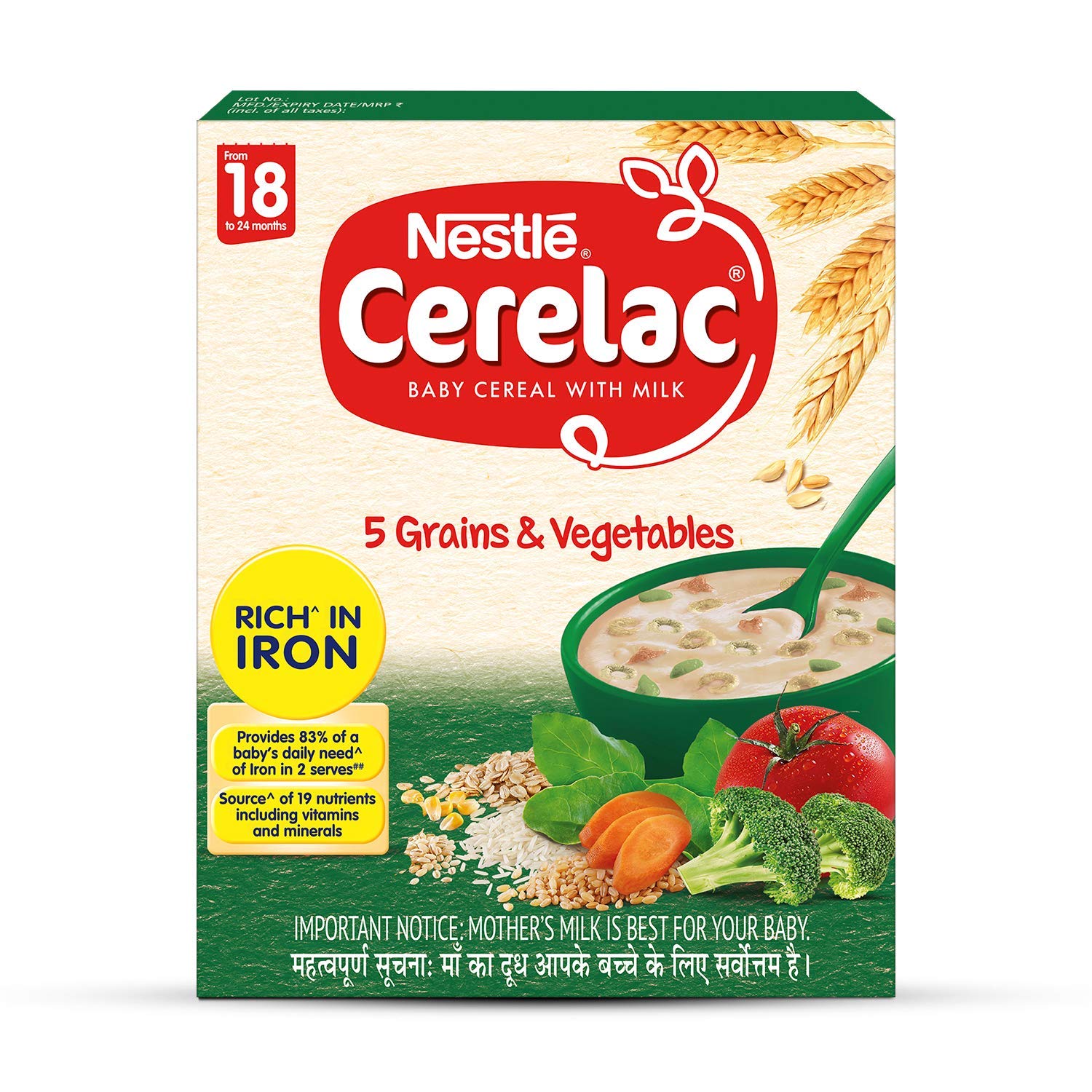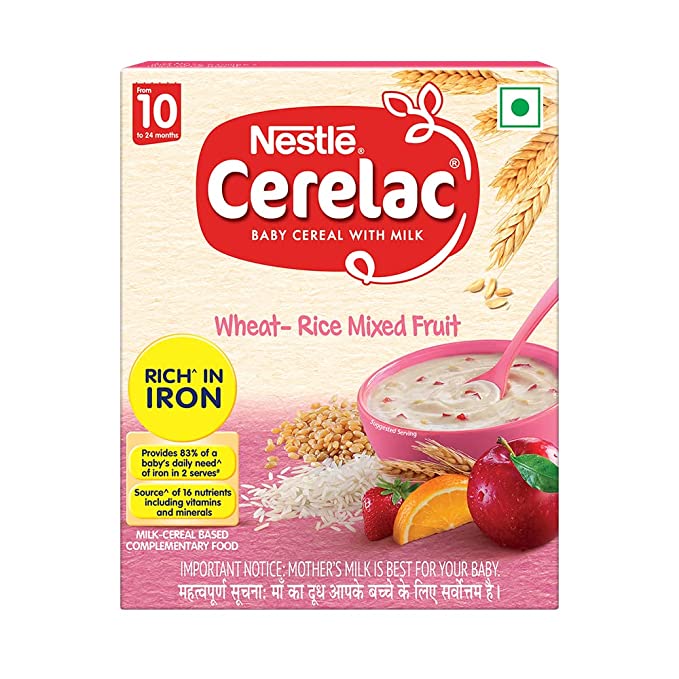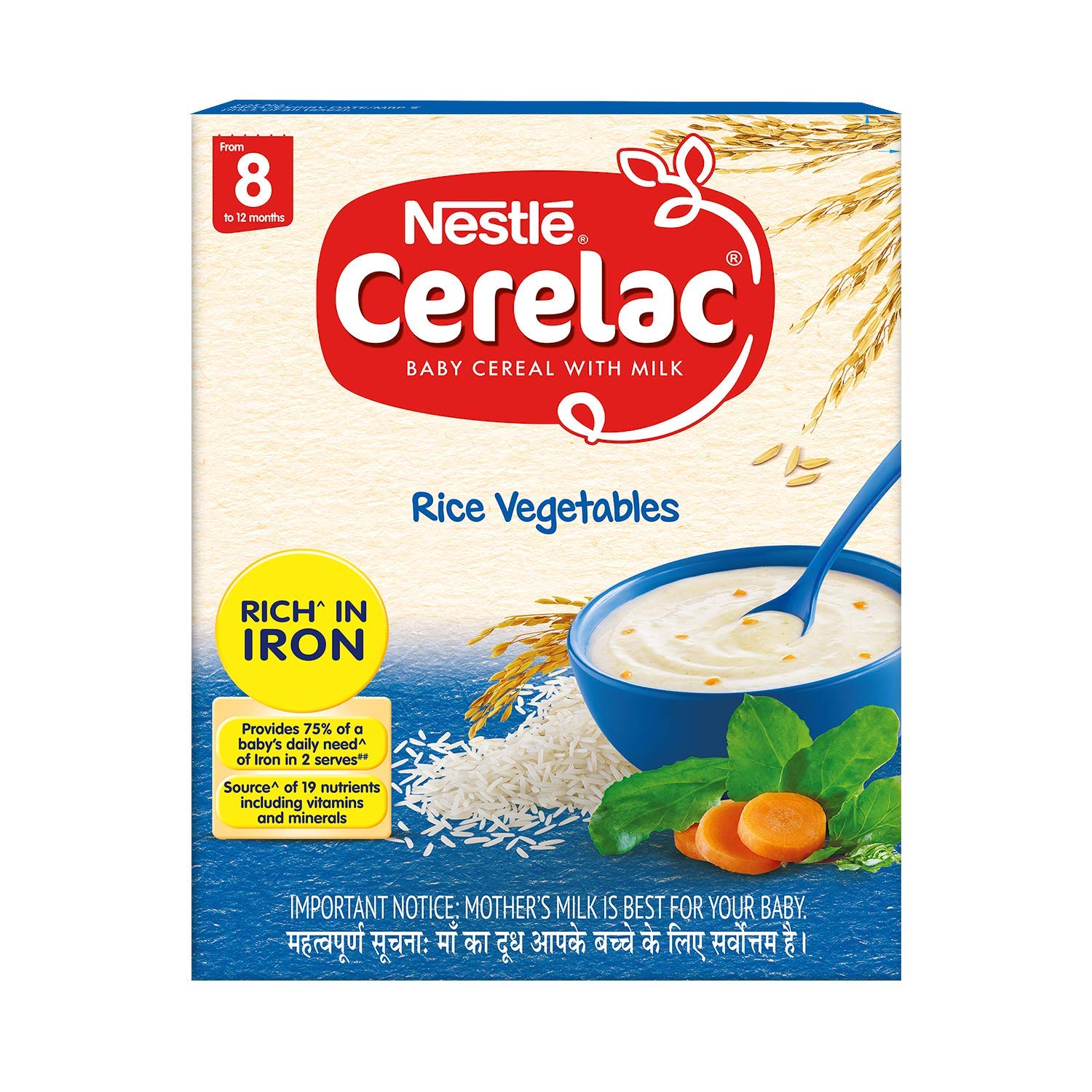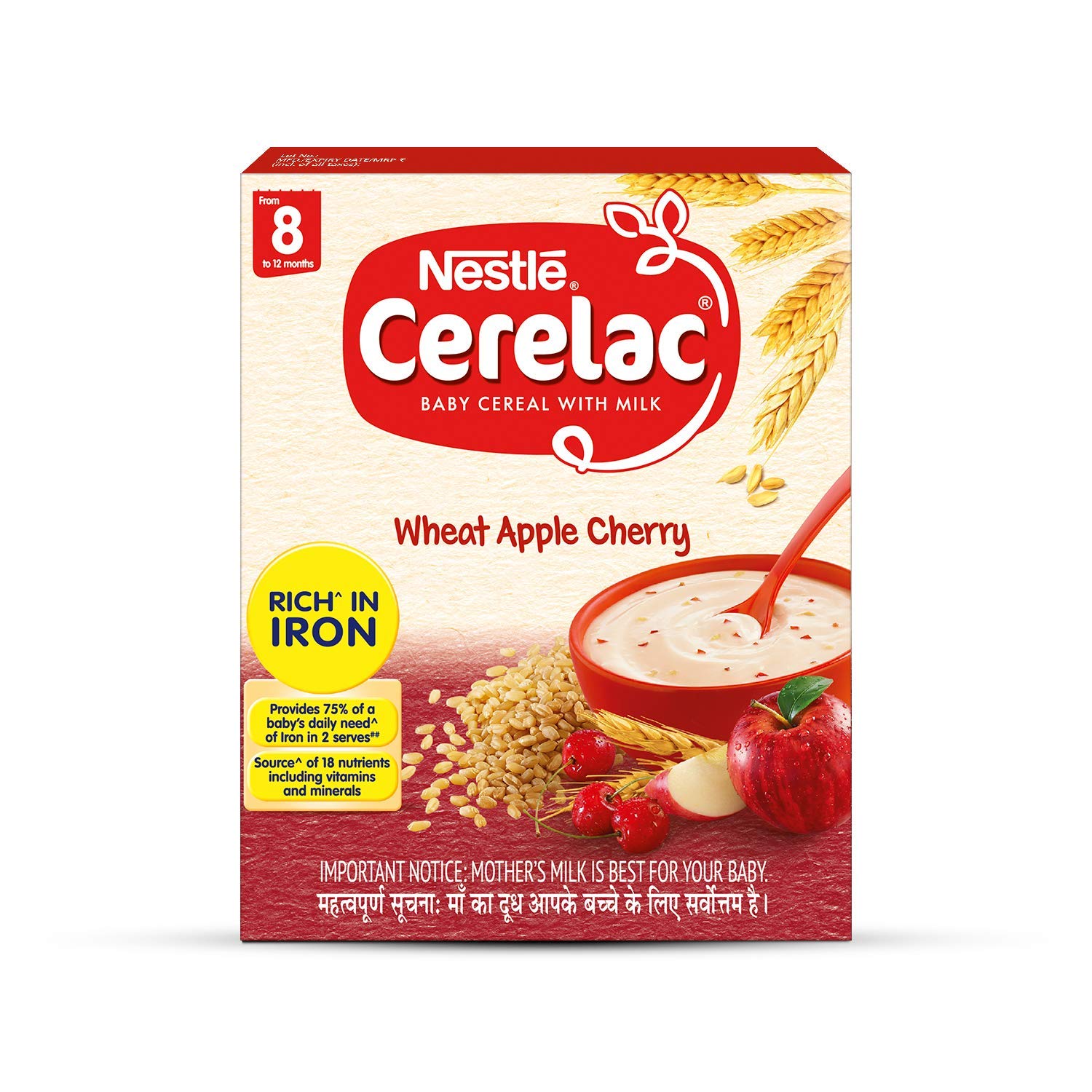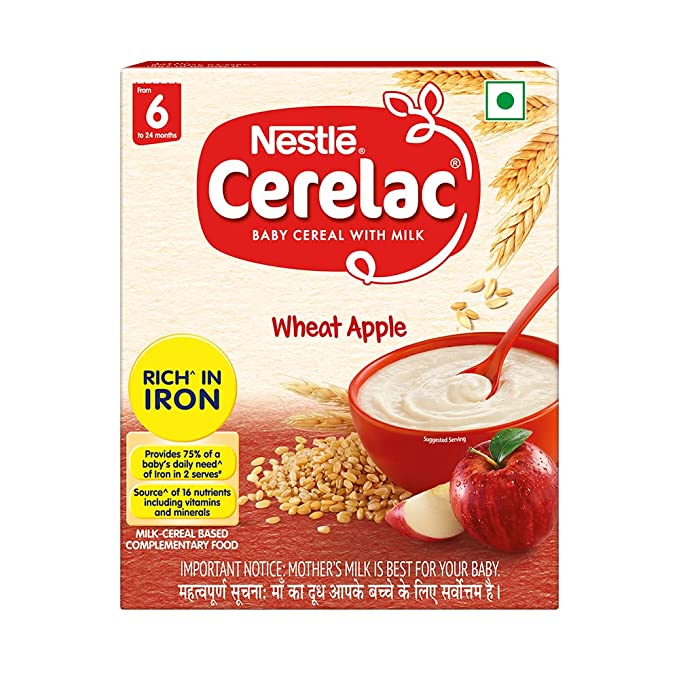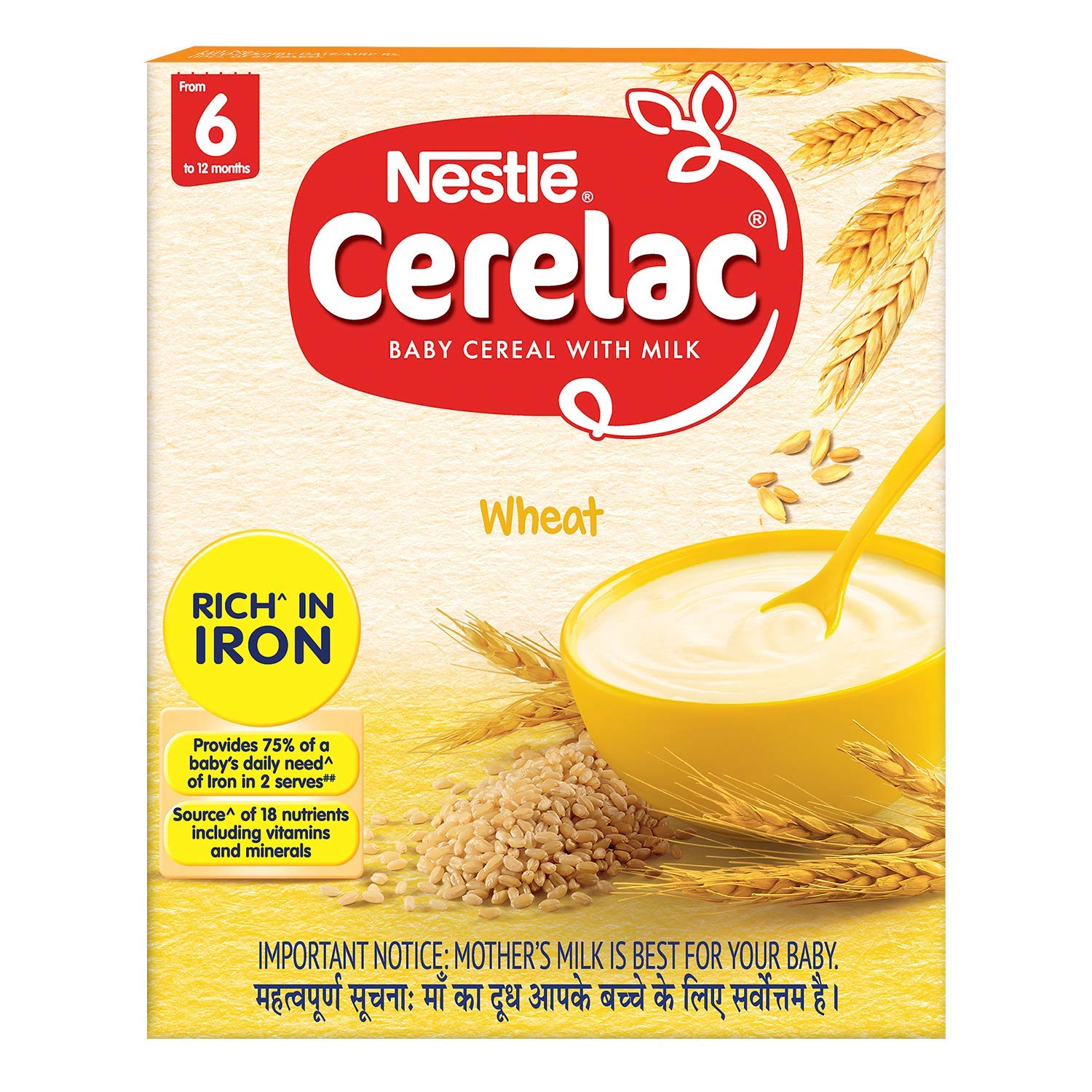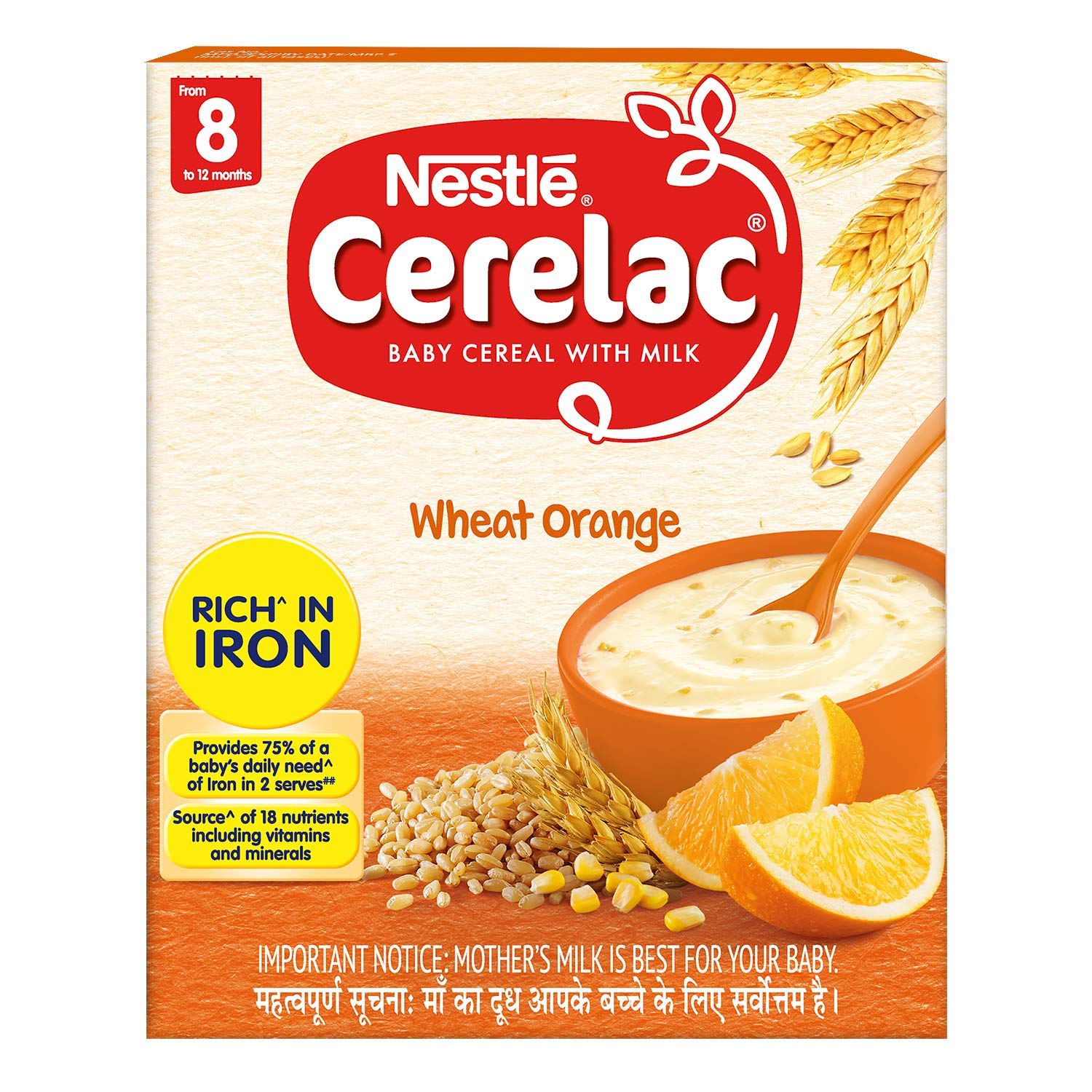Chloride
Micronutrient
Last update date: November 08, 2023
Chloride balances the amount of fluid in your cells. It also helps maintain proper blood volume, blood pressure, and pH of your body fluids.
Frequently Asked Questions
1.
What is Chloride?
Chloride, an essential electrolyte and mineral, plays a crucial role in maintaining the body's fluid balance and acid-base equilibrium. Along with potassium, sodium, and bicarbonate, chloride is one of the key electrolytes that helps in regulating various functions in the body.
2.
What is positive impact of Chloride?
Chloride maintains hydration levels by regulating fluid balance in cells. It aids digestion by stimulating stomach acid production for food breakdown. It supports nerve impulses and muscle contractions. It facilitates gas exchange across cell membranes for efficient respiration. It helps maintain the body's pH balance for optimal function.
3.
What is negative impact of Chloride?
Excessive intake of chloride: Consuming excessive amounts of chloride, usually through high-sodium processed foods, can contribute to high blood pressure and increase the risk of cardiovascular problems. Kidney disorders: Individuals with kidney disease or impaired kidney function may experience difficulty in maintaining chloride balance, leading to electrolyte imbalances. Dehydration: Insufficient intake of fluids or excessive sweating without adequate electrolyte replacement can result in chloride deficiency and dehydration symptoms. Acid-base imbalances: Abnormal chloride levels can disrupt the body's pH balance, potentially leading to acidosis or alkalosis.
4.
Who should avoid Chloride?
Individuals with specific medical conditions: People with kidney disease, high blood pressure, or heart conditions may need to monitor their chloride intake and follow dietary recommendations from healthcare professionals. Certain medications: Some medications may interact with chloride levels in the body, and individuals taking such medications should consult their healthcare provider for guidance on chloride intake. Salt-sensitive individuals: People who are sensitive to the effects of high sodium intake may need to limit their chloride consumption, as chloride is a component of table salt.
5.
What are common sources of Chloride?
Table salt, sea salt, and kosher salt: These salts contain chloride and are commonly used as seasoning agents in cooking and food preparation. Seaweed and shrimp: These seafood sources are naturally rich in chloride. Processed foods: Deli meats, hot dogs, cheese, and potato chips often contain added salt, contributing to chloride intake. Condiments: Certain condiments like soy sauce and ketchup may have chloride content due to their sodium or salt content. Mineral-rich water: Some mineral waters naturally contain chloride, contributing to overall intake.
6.
Which are symtoms of Chloride deficiency?
Chloride deficiency is rare but can occur in individuals with prolonged diarrhea or vomiting, excessive sweating without proper electrolyte replacement, or certain medical conditions. Symptoms of chloride deficiency may include muscle cramps, weakness, fatigue, and irregular heart rhythms. Treatment for chloride deficiency involves replenishing electrolytes through oral rehydration solutions or intravenous fluids, depending on the severity of the deficiency. It is important to address the underlying cause of chloride deficiency and follow medical advice for optimal management.
7.
How do you fix high chloride levels?
staying hydrated all day will fix the chloride level in the body
8.
What are the symptoms of high chloride?
Symptoms of high chloride are: -fatigue. -muscle weakness. -excessive thirst. -dry mucous membranes. -high blood pressure.
9.
What does chloride do in the body?
Chloride helps to regulate the amount of fluid and types of nutrients going in and out of the cells.
10.
What diseases cause high chloride levels?
High chloride levels may cause a series of medical conditions: -Dehydration. -Kidney disease. -Metabolic acidosis.


